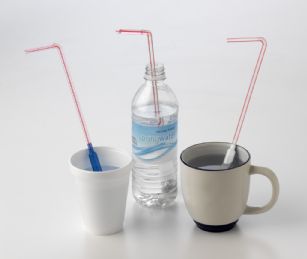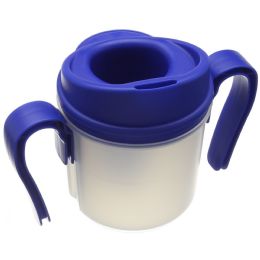




Treatments for Dysphagia
Swallowing problems are a common complaint among older individuals. The incidence of dysphagia is higher in the elderly, in patients who have had a stroke, and in those who are admitted to chronic care facilities (such as nursing homes) or acute care hospitals.
Unaddressed dysphagia may result in unwanted weight loss, dehydration, and malnutrition, as well as recurring upper respiratory infections and frequent pneumonia.
Treatments depend on the type and severity of a patient’s swallowing difficulty, along with the specific cause of the dysphagia. They may include:
• Exercises for the muscles used in swallowing, to train the muscles to work together.
• Specialized diet to make swallowing easier. Food thickeners may be used to change the textures of food and beverages so you can more easily swallow.
• Medical procedures such as endoscopy, dilation of the esophagus, or surgery.
• Medications to address the underlying problem, if your dysphagia is related to GERD.
• In rare cases, a feeding tube may be needed to ensure the patient is able to ingest sufficient nutrition and liquids.
Rehabmart offers a variety of products that may be used to help patients who experience difficulty swallowing. They include food thickeners to reduce the risk of aspiration, oral/dentifrice swabs, tongue depressors and a special laryngeal mirror used in speech training.
Other helpful products include a variety of specially-designed drinking cups that direct liquid to the center of the mouth to facilitate swallowing (helping to preserve patient dignity), an exercise kit to support creation of home exercise routines for geriatric patients, portable and small mirrors to aid patients with their speech and swallowing exercise therapy, and dysphagia NMES therapy.